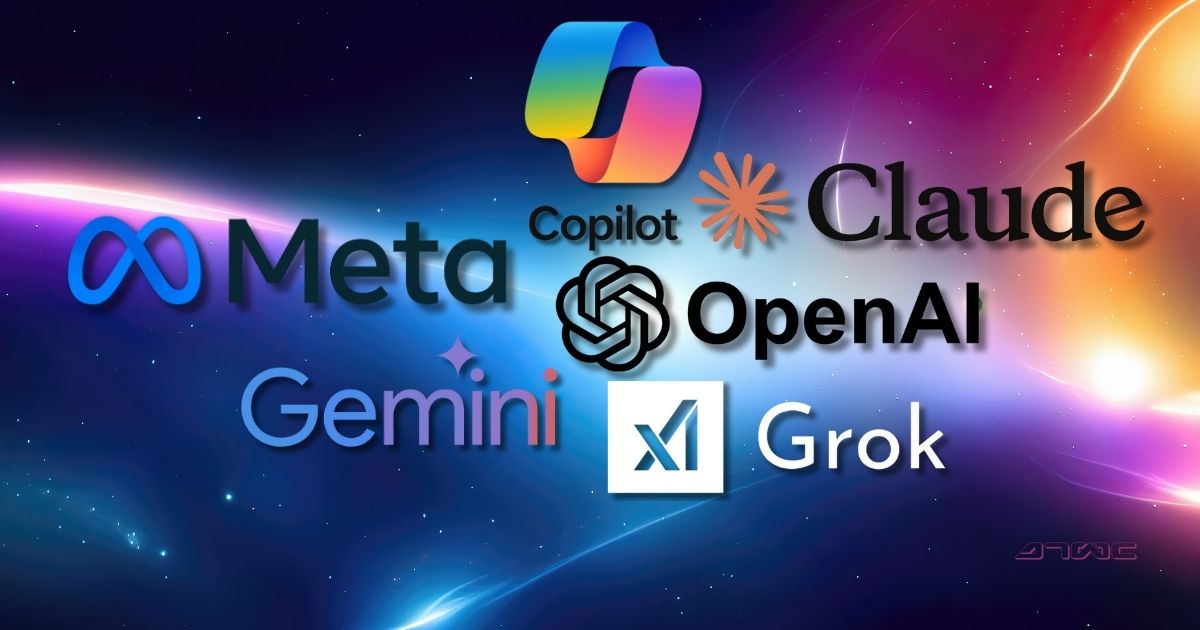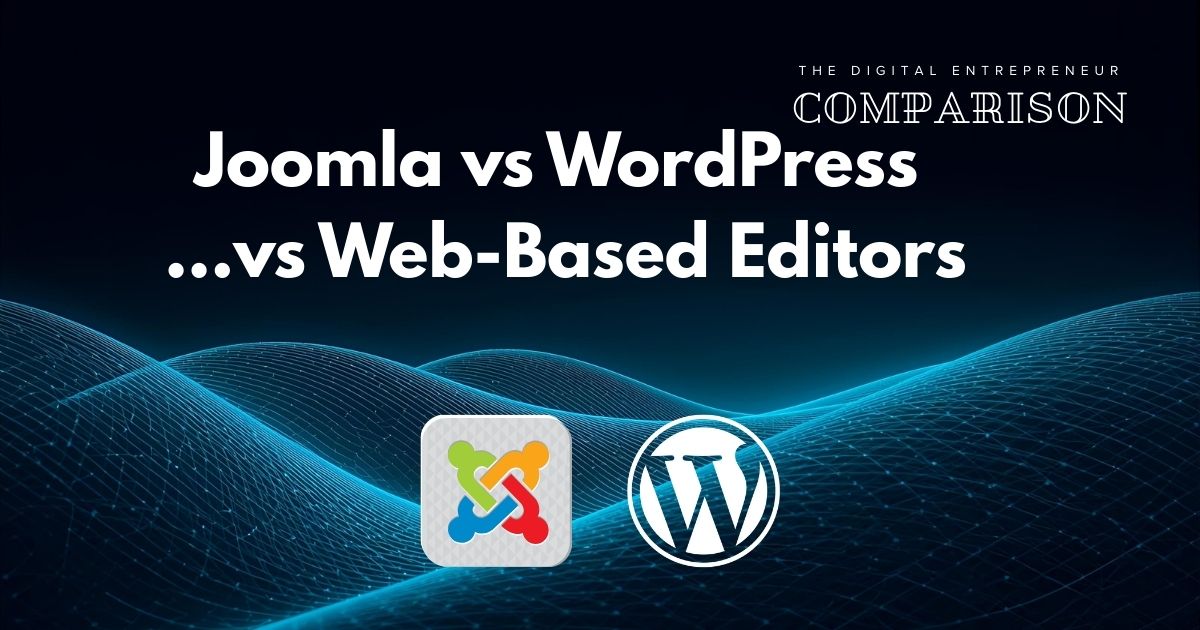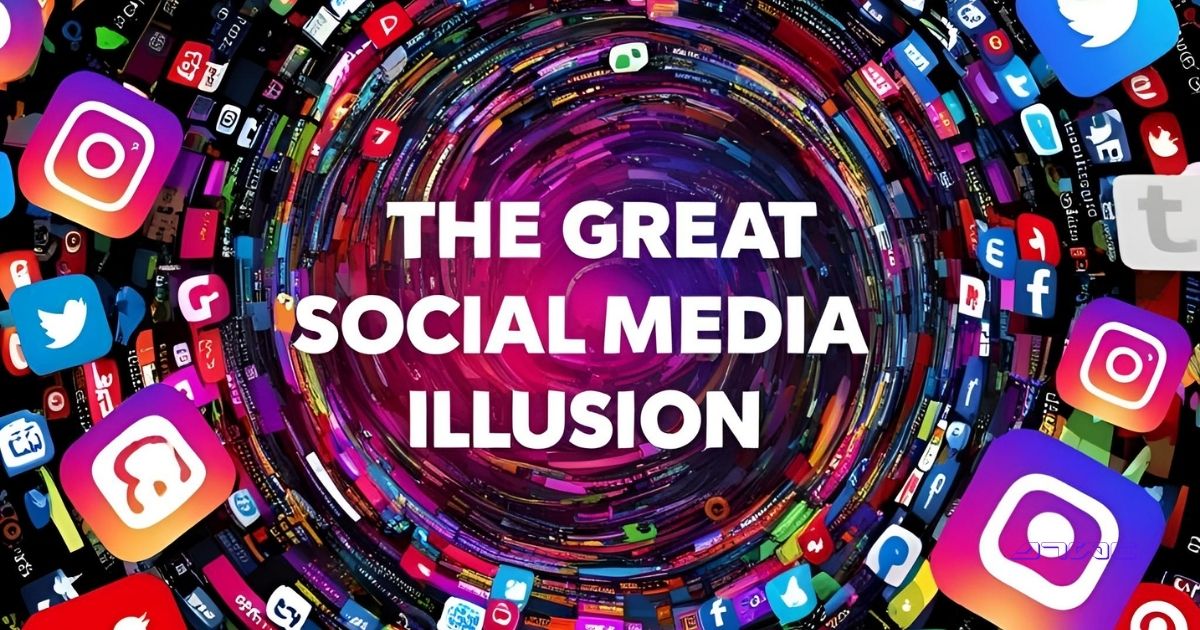With every major tech company launching its own AI agent, it's easy to lose perspective. a clear SWOT breakdown of top contenders — OpenAI, Google, Microsoft, Meta, Claude, and xAI — to help you choose the right fit for your digital journey.
From OpenAI to Microsoft, Google to Meta — nearly every tech giant is rolling out its own AI assistant. But which one truly fits your needs as a digital professional, entrepreneur, or educator?
In this article, we cut through the noise with a strategic SWOT analysis of today’s leading AI agents: ChatGPT, Gemini, Claude, Copilot, LLaMA, and Grok. Whether you're automating workflows, writing ethically, or just exploring what AI can do, this guide will help you understand the strengths, weaknesses, and best use cases for each.
AI Agents in 2025: Who’s Who & How They Stack Up (SWOT Breakdown)
With every major tech company racing to release their own AI agent, it’s easy to get lost in the noise. Are we witnessing a true revolution in productivity—or just the beginning of an overhyped trend?
1. OpenAI (ChatGPT)
- Strengths: Multi-modal capabilities, plugin ecosystem, integrated in Microsoft tools.
- Weaknesses: Closed model, resource-intensive, trust concerns.
- Opportunities: Enterprise integration, GPT Store ecosystem.
- Threats: Open-source alternatives, legal scrutiny over data use.
2. Google Gemini
- Strengths: Google ecosystem integration, advanced R&D via DeepMind.
- Weaknesses: Brand fragmentation, slower rollout, privacy perceptions.
- Opportunities: Revamp Google Assistant, workspace dominance.
- Threats: Competition from OpenAI/Microsoft, trust erosion.
3. Anthropic Claude
- Strengths: Ethical focus, strong summarization and reasoning.
- Weaknesses: Lower brand visibility, fewer integrations.
- Opportunities: Trusted “safe AI” positioning.
- Threats: Scalability, staying competitive with larger players.
4. Microsoft Copilot
- Strengths: Built into Word, Excel, Teams; powered by GPT + Graph.
- Weaknesses: Requires M365; branding confusion; steep learning curve.
- Opportunities: Workflow automation and enterprise productivity domination.
- Threats: High cost; competition from standalone LLM agents.
5. Meta LLaMA
- Strengths: Open-source, social reach through Meta apps.
- Weaknesses: Weaker performance; trust issues with Meta.
- Opportunities: Embedding AI into social commerce and messaging.
- Threats: Regulatory pressure; third-party forks may outpace Meta's stack.
6. xAI (Grok)
- Strengths: Real-time access to X (Twitter); edgy tone appeals to niche users.
- Weaknesses: Immature UX; unstable brand presence.
- Opportunities: Audience disillusioned with mainstream tools.
- Threats: Limited global appeal; business use cases unclear.
Which Is Best for You?
| AI Agent | Best For | Main Reason |
|---|---|---|
 |
Advanced multi-modal creation | Best toolset for professional multitasking and digital creation |
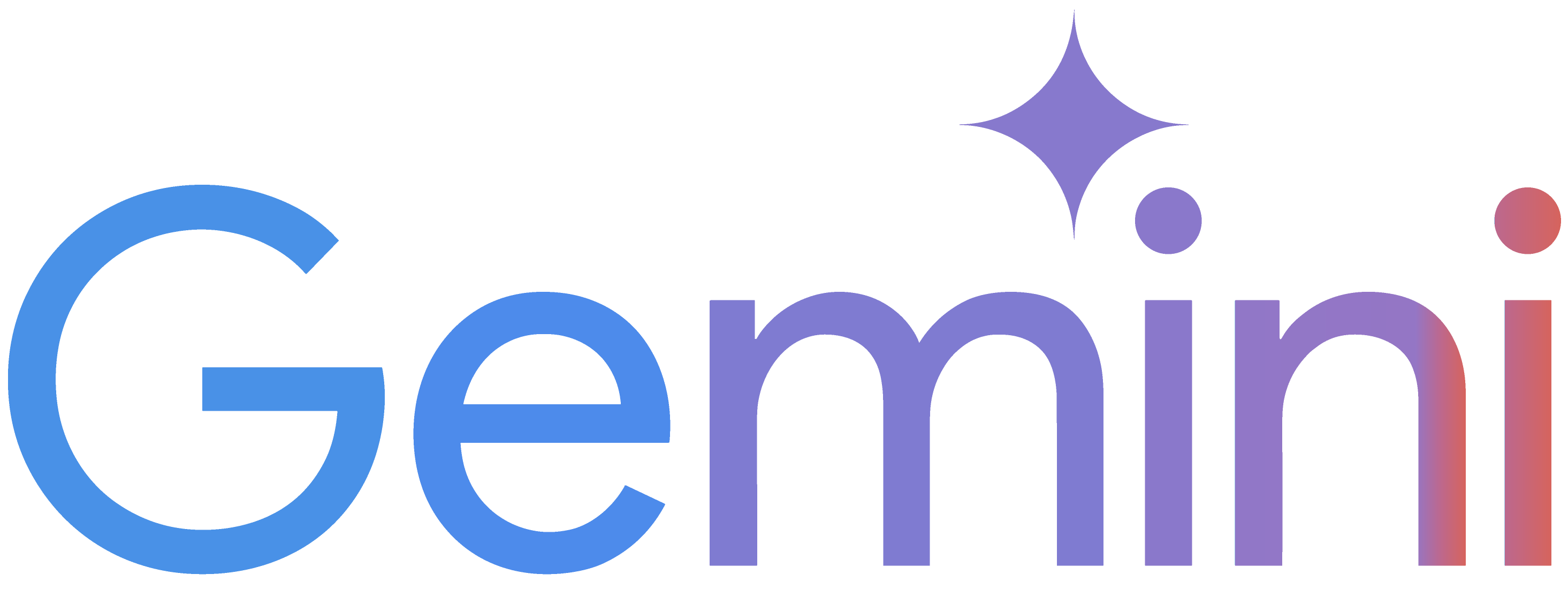 |
Google-based productivity | Seamless integration with Gmail, Docs, and Calendar |
 |
Ethical writing & analysis | Reliable for structured writing, grants, and ethical tone |
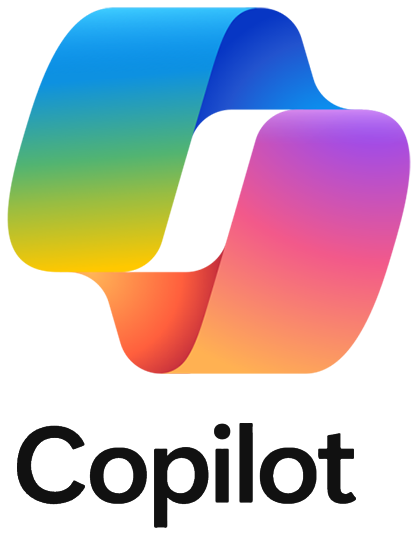 |
Enterprise productivity integration | Built into Microsoft 365 with deep workflow automation and Graph AI |
 |
Social media engagement | Custom AI agents for social visibility on Meta platforms |
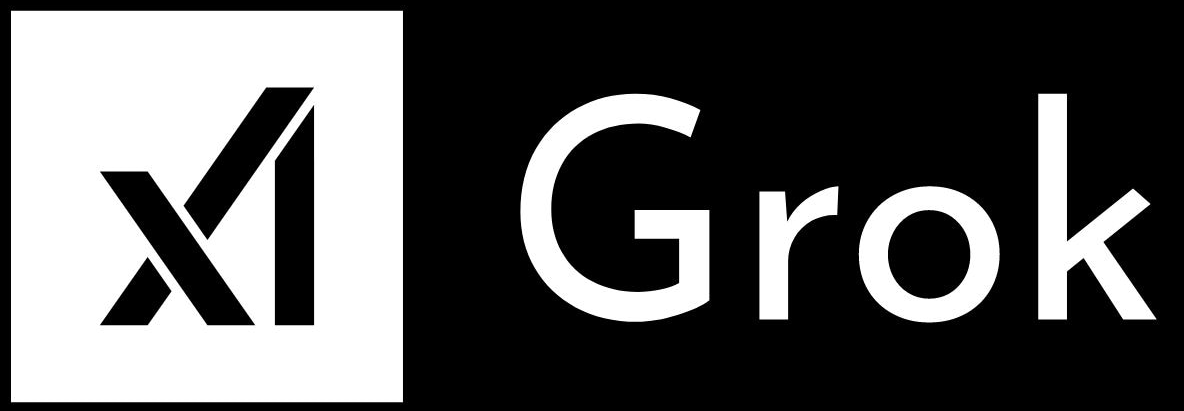 |
Real-time conversation | Engaging with live trends on X for activism and influence |
🚀 Learn to Master AI
Explore our 3-session course and gain the skills to make AI work for your business or career.
🎓 View AI Course💬 Questions? Let's Chat
Need guidance on how AI fits into your workflow? Start a conversation now via chat.
💬 Chat with Us Now

